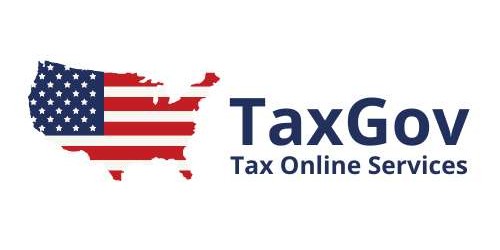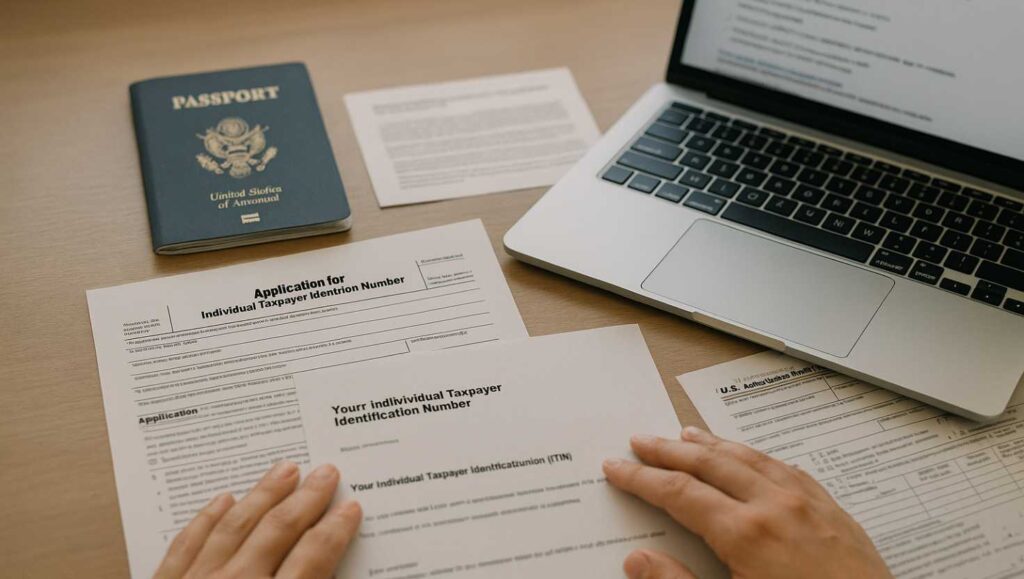Why You Might Need an ITIN for Tax Purposes
Why you might need an ITIN for tax purposes is a question many non-citizens encounter when preparing to file taxes in the United States. The ITIN, or Individual Taxpayer Identification Number, is essential for individuals who are not eligible to obtain a Social Security Number but still need to comply with U.S. tax laws. This number allows the IRS to process and handle the tax returns correctly for those without SSNs. It is particularly crucial for foreign nationals, non-resident aliens, and other individuals not qualifying for a Social Security Number.
Without an ITIN, these individuals might face difficulties in fulfilling their tax obligations, such as paying taxes on U.S. income, claiming tax treaties, or opening bank accounts to receive IRS refunds. Ensuring you have an ITIN also allows for the correct processing of any scholarships, fellowships, or grants you may receive, ensuring that you remain compliant with tax regulations.
How to Obtain an ITIN in the United States
How to obtain an ITIN in the United States involves a detailed but manageable process. The IRS issues ITINs to individuals who need to file a tax return but do not have and are not eligible to get a Social Security Number. To apply for an ITIN, you must complete Form W-7, IRS Application for Individual Taxpayer Identification Number, and submit it with a completed tax return. The application requires supporting documentation to verify the applicant’s identity and foreign or alien status. Documents like a passport, national identification card, or U.S. driver’s license are commonly used for this purpose.
The process is essential for anyone unable to obtain an SSN but still responsible for filing a tax return in the U.S., and it’s crucial to ensure accuracy when filling out the required forms to avoid delays in processing the application.
Need help getting your ITIN?
We can help you apply for your ITIN quickly and easily. Let our team handle the process for you.
Benefits of Having an ITIN
Benefits of having an ITIN extend beyond adhering to tax obligations. For many non-resident aliens and other individuals without Social Security Numbers, an ITIN facilitates their ability to comply with U.S. tax laws, such as reporting income earned in the United States. Additionally, an ITIN enables them to open a bank account or obtain a mortgage loan, crucial components for those residing temporarily in the U.S. for work or study.
It’s vital for claiming tax treaty benefits and potential tax refunds, such as those applicable under a particular bilateral agreement. Having an ITIN also aids in accurately reporting dependents for the Additional Child Tax Credit. Thus, possessing an ITIN can streamline financial dealings significantly and contribute to an individual’s ability to fulfill legal and financial responsibilities while living in the U.S.
Instances Requiring an ITIN for Dependents
Instances requiring an ITIN for dependents occur when U.S. tax residents seek to include dependents who are non-citizens on their tax returns. These might include spouses or children who are not eligible for Social Security Numbers. Having an ITIN for these dependents is essential to claim tax benefits like the Child Tax Credit or the Additional Child Tax Credit on U.S. returns. By obtaining an ITIN for each qualifying dependent, taxpayers ensure they receive the correct funds and credits they are entitled to under federal tax law.
The ITIN process for dependents involves providing evidence of the relationship with the primary taxpayer alongside identity documentation. This meticulous documentation is essential for the IRS to correctly process and validate the tax return that features dependents. Understanding these details helps you manage your tax filing correctly and ensure all eligible credits are obtained.
Common Misconceptions About ITINs
Common misconceptions about ITINs often lead people to misunderstand their purpose and application. One widespread myth is that an ITIN allows individuals to work legally in the U.S., akin to a Social Security Number. This assumption is incorrect; an ITIN does not grant work authorization or provide eligibility to receive Social Security benefits. Another false belief is that having an ITIN makes someone subject to immigration enforcement; however, ITINs are strictly used for tax processing and reporting purposes and are not correlated with immigration status. Another frequent misconception is that ITIN holders will automatically receive U.S. government benefits, which is also inaccurate.
These mistaken beliefs can lead to improper handling of financial matters, being unprepared during tax season, or unmet legal responsibilities. Therefore, understanding the specific uses of an ITIN can help alleviate these concerns and promote accurate and effective tax compliance.
Renewing an ITIN: What You Need to Know
Renewing an ITIN: What you need to know is crucial for maintaining current tax obligations. ITINs expire if they are not used on a federal tax return at least once in the past three years. Additionally, specific ITINs with middle digits 70 through 87 have been scheduled for expiration. To renew an ITIN, you must submit a form W-7 renewal application. Supporting documentation proving your identity and foreign status must accompany this submission.
Filing a renewal ensures that your tax documentation remains up-to-date, avoiding any delays in processing future tax returns. Renewing well before tax season prevents potential complications related to processing times and unclaimed tax credits. Familiarizing yourself with renewal procedures makes managing taxes smoother while maintaining compliance with IRS policies.
When an ITIN May Not Be Necessary
When an ITIN may not be necessary arises in scenarios where individuals either qualify for a Social Security Number or are not engaged in any financial activity that requires filing a U.S. tax return. If someone becomes eligible for an SSN, either through acquiring a visa that allows work in the United States or if naturalization occurs, the ITIN becomes unnecessary, and the individual should switch to using a Social Security Number for all subsequent tax returns.
Additionally, if an individual returns to their home country without any ongoing financial obligation or income originating from the U.S., having an ITIN may no longer be relevant. Nonetheless, it is crucial to evaluate each personal and financial situation individually, as specific contractual or financial engagements could still necessitate holding and using an ITIN. Careful assessment ensures compliance with appropriate tax-related obligations.
Need help getting your ITIN?
We can help you apply for your ITIN quickly and easily. Let our team handle the process for you.
How an ITIN Affects Filing Status
How an ITIN affects filing status is an important consideration for those preparing U.S. tax returns. An ITIN allows individuals without Social Security Numbers to file their taxes, thereby determining their eligibility to claim deductions and tax credits. However, it’s important to recognize that an ITIN’s existence relates purely to tax identification; it doesn’t affect other aspects of tax status, such as one’s classification (e.g., single, married filing jointly, head of household). When filing taxes, those using an ITIN will follow the same laws and guidelines as those with SSNs, including selecting a filing status and reporting any overseas or domestic income.
It’s essential to understand the correct usage of an ITIN to ensure accurate tax filing and maintaining lawful compliance. Keeping this information in mind simplifies the tax preparation process and supports effective financial planning.


